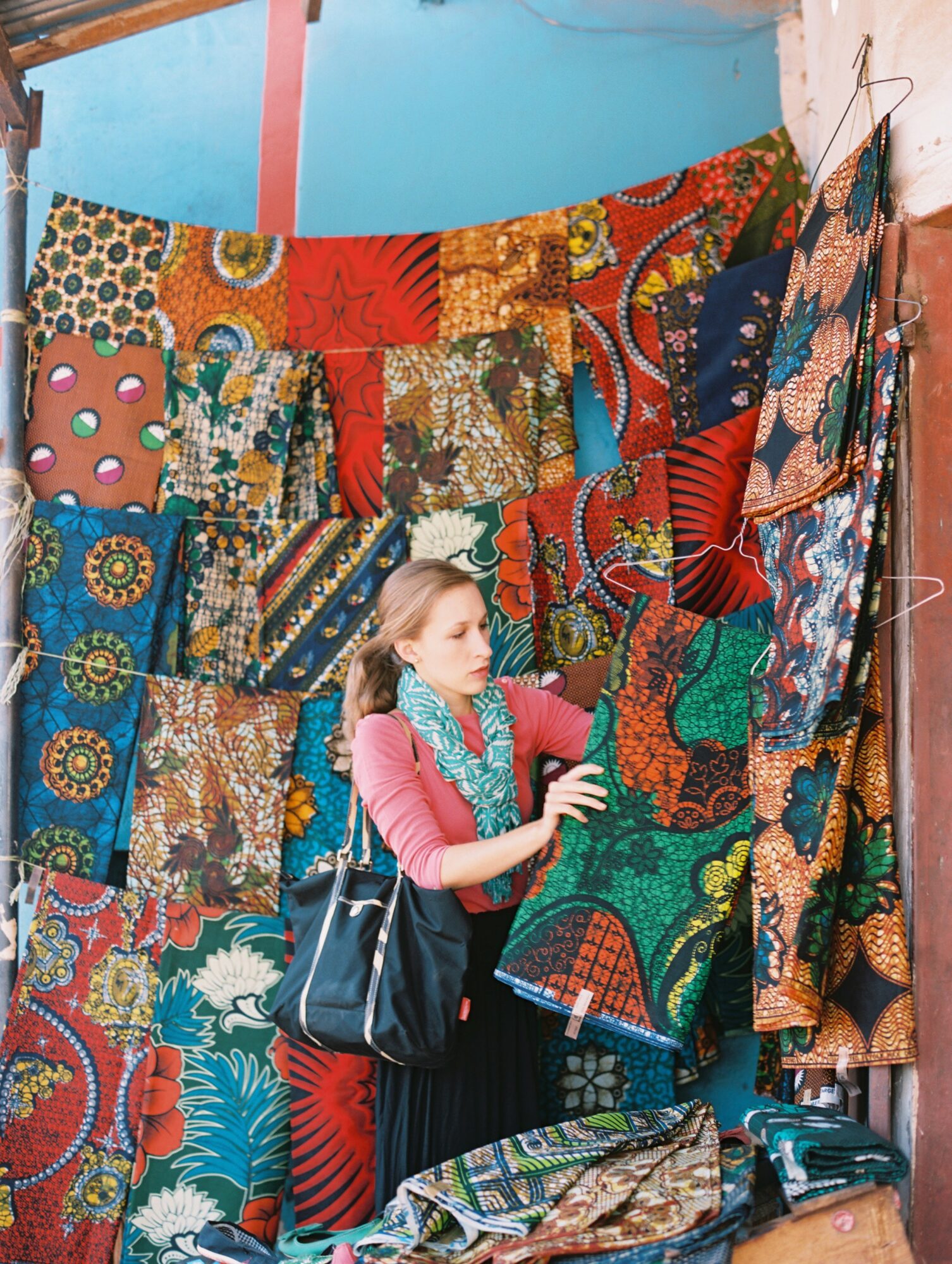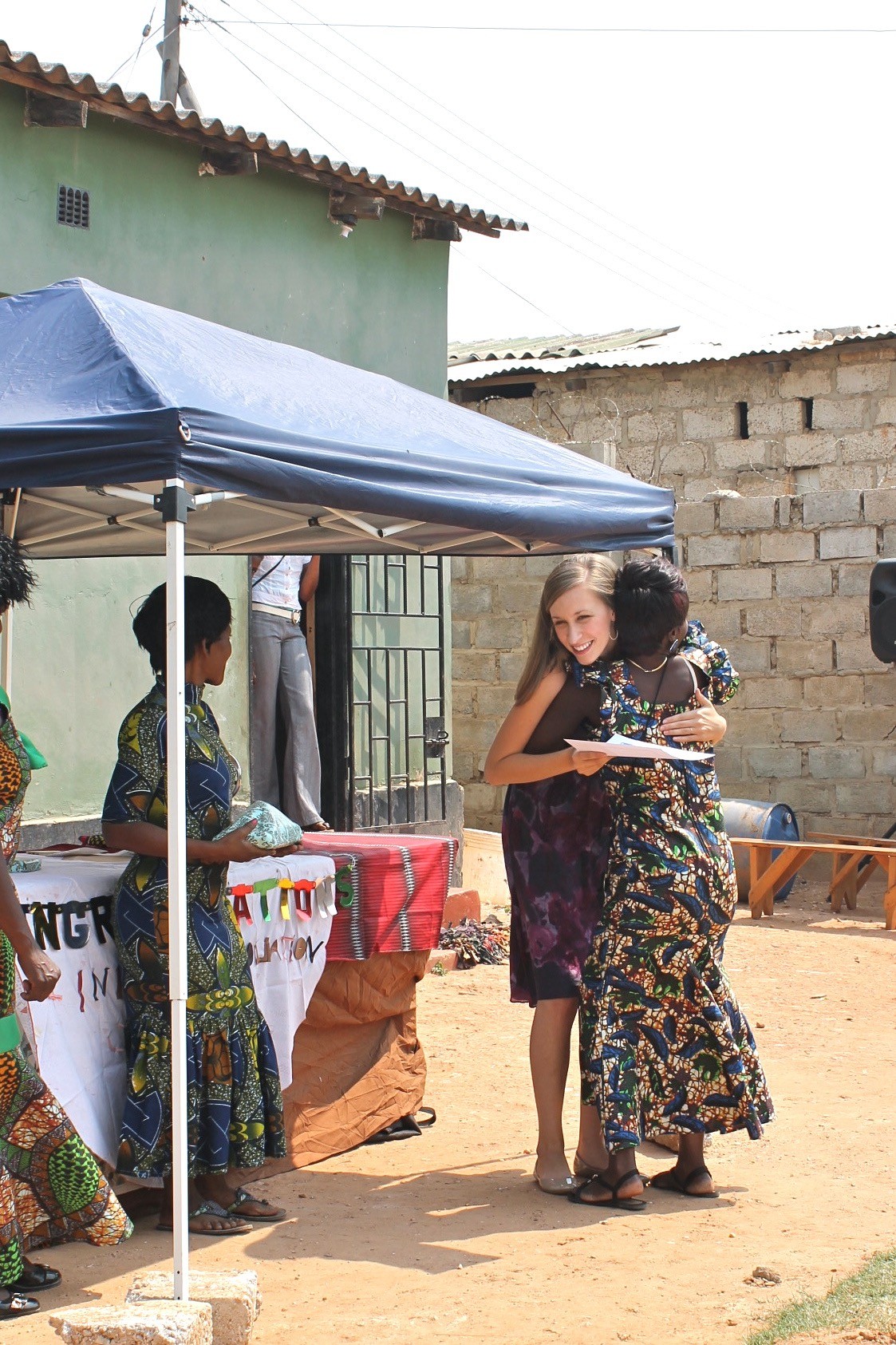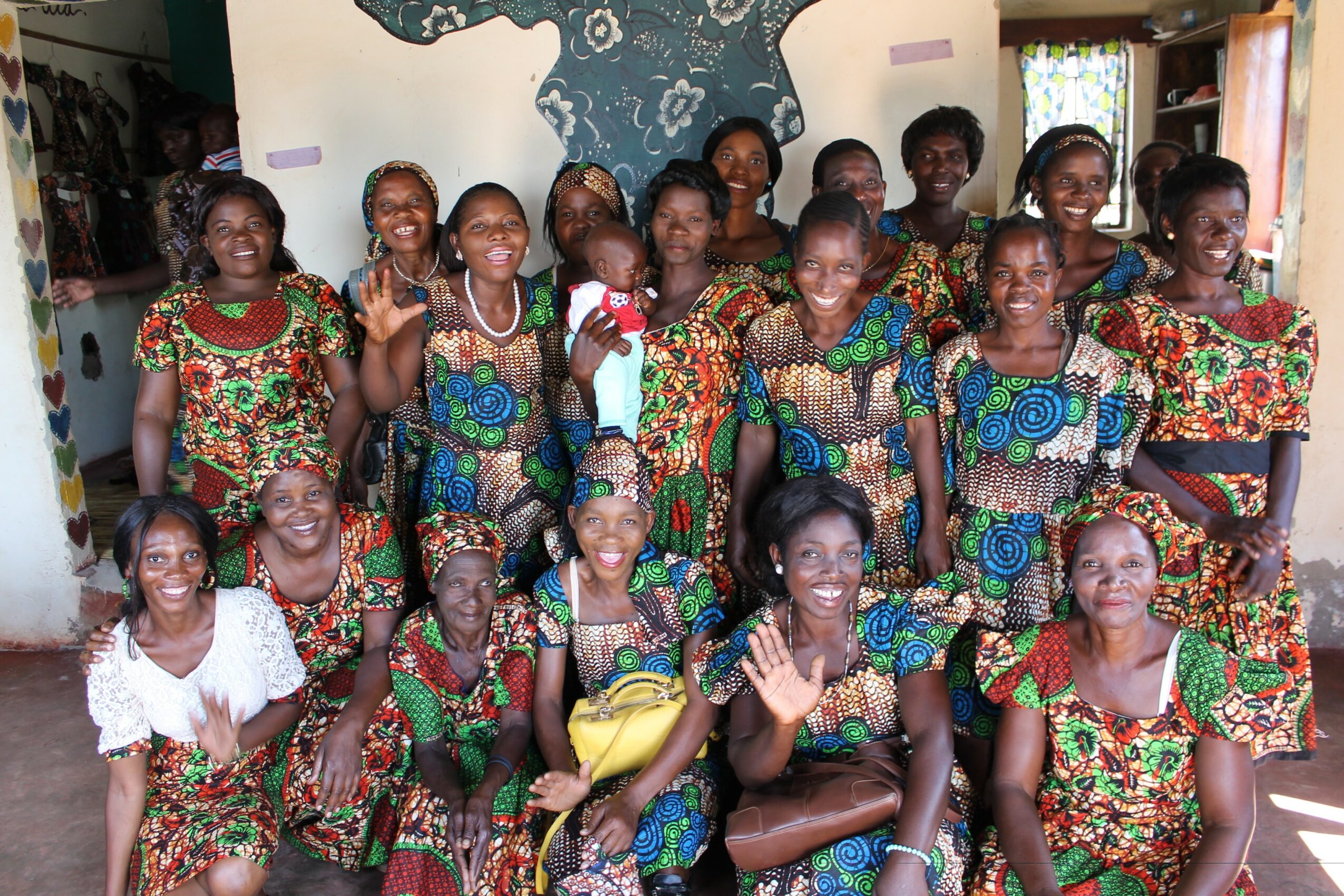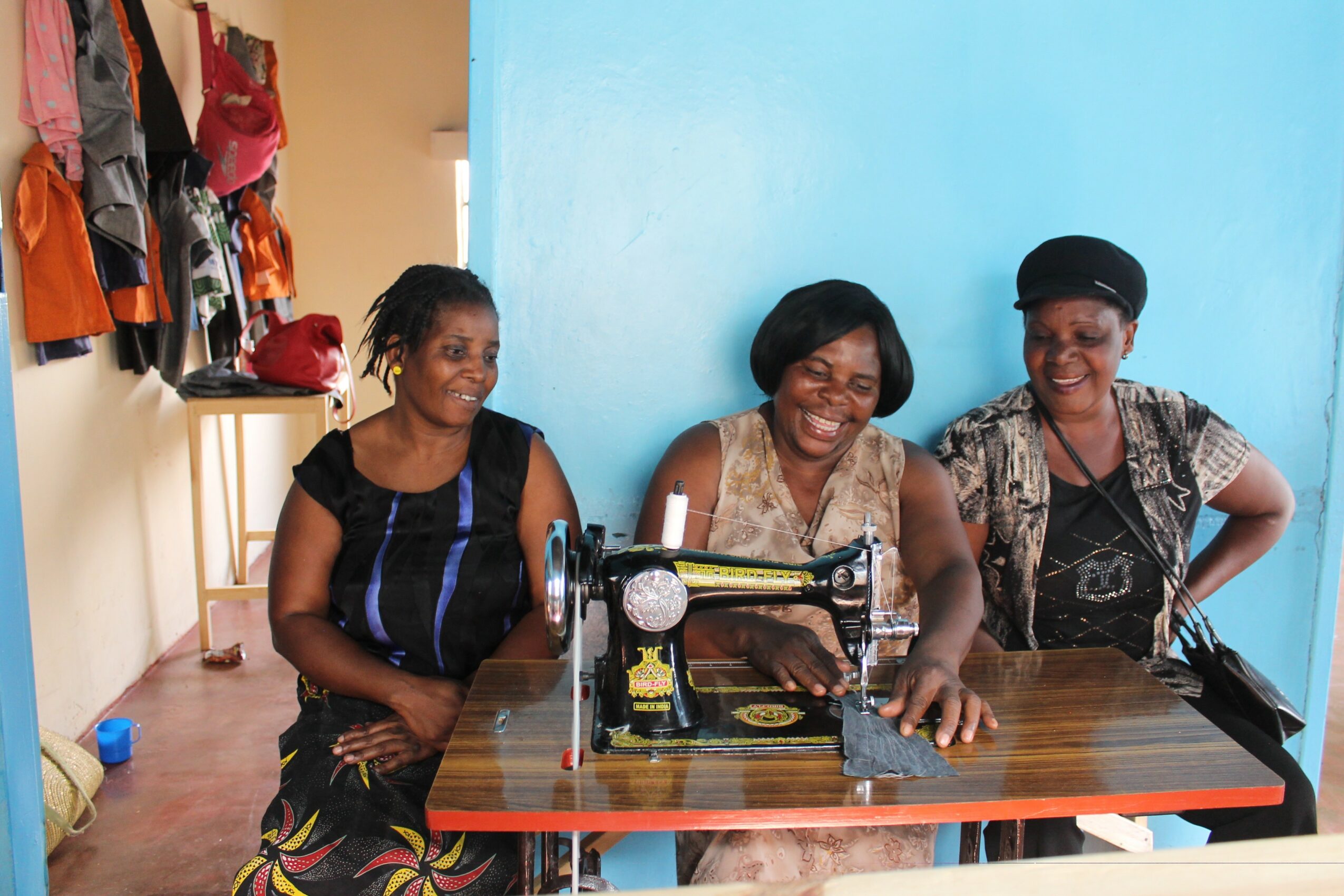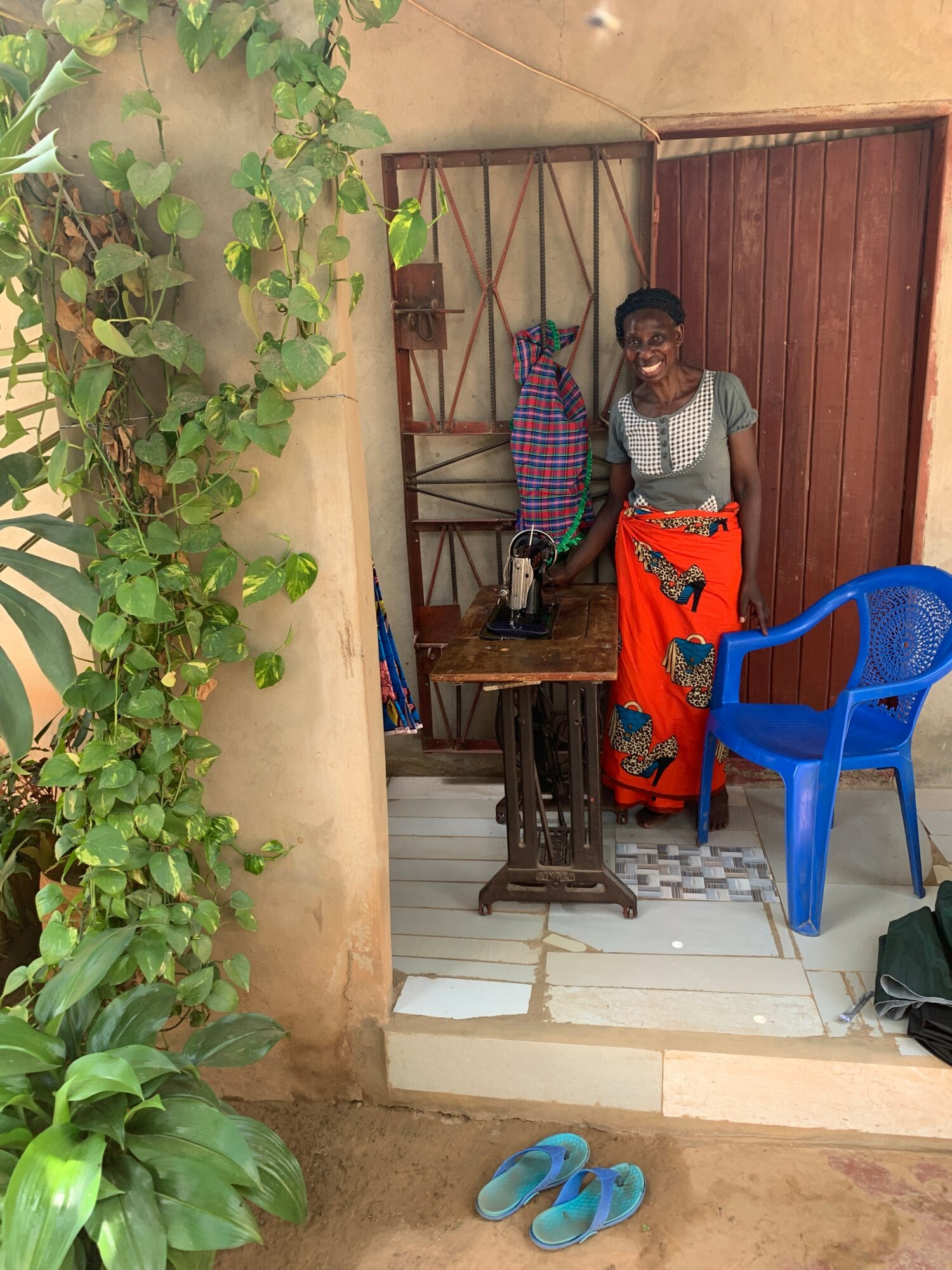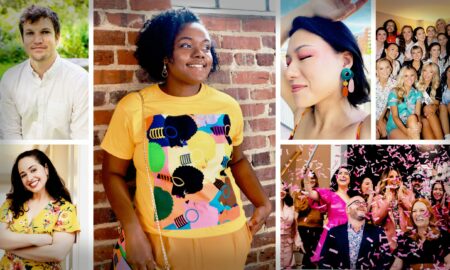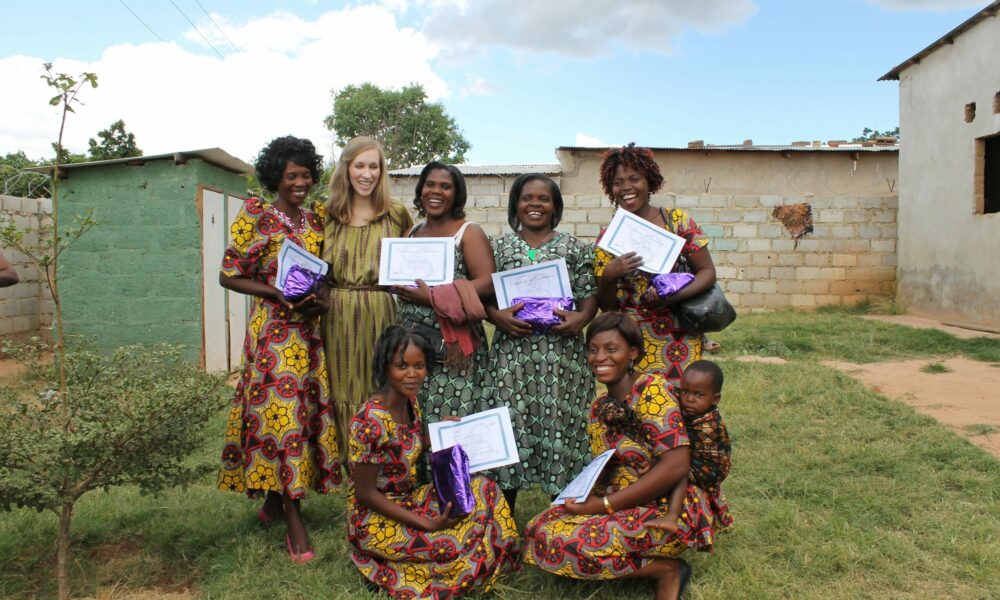

Today we’d like to introduce you to Amy Bardi.
Hi Amy, we’d love for you to start by introducing yourself
In 2010, I was studying Fashion Merchandising at the University of South Carolina. I went on a 6-week trip to Zambia, Africa, just intending to check “Go to Africa” off of my bucket list before entering the world of fashion journalism. But that trip changed my life and created a new path for me. After witnessing the effects of poverty and the harsh realities of the orphan crisis, I knew I couldn’t go back home and forget about it all. I had to do something. I wasn’t a doctor or a teacher, but I knew that my passion and giftings could still make a difference. Instead of focusing on the despair of the circumstances in Zambia, I saw opportunity. There I met women who were eager to provide for their families but simply couldn’t do so. I met women who had to surrender their children to community orphanages because they couldn’t afford to feed them. I met women who were strong, determined, capable, and smart. It was through these women that the organization Clothed in Hope came to be. I created this nonprofit organization in early 2011 as a means of orphan prevention by empowering women through sewing and business training for a sustainable impact. When I graduated from USC in 2012, I packed my bags with a one-way ticket to Zambia to launch our skills-training classes in Lusaka, Zambia. After witnessing hundreds of women come through our skills-training program and creating a capable team of Zambians to run the organization locally, I returned to the US to continue running Clothed in Hope from here. I now reside in Fuquay-Varina with my husband and 3 kids.
Can you talk to us a bit about the challenges and lessons you’ve learned along the way? Looking back would you say it’s been easy or smooth in retrospect?
Running a nonprofit organization in Sub-Saharan Africa has been anything but easy. From the very beginning, I had to learn how to create a nonprofit organization in the US while also creating one in Zambia. I am thankful for the many mentors who have taught me along the way, but there have also been many things we’ve had to navigate on our own. We are devoted to seeing women experience life-change for the benefit of their children and families, and that can get challenging. We have experienced push-back from others who don’t want to see women succeed. We have faced corruption. We have been lied to, stolen from, and threatened. The list could go on, but every single struggle has been more than worth it to see women experience hope, to witness women be empowered to rise above the oppression they’ve endured for their entire lives, and to partner with them as they pave a new path for their families.
Thanks for sharing that. So, maybe next you can tell us a bit more about your work?
I am the Founder and Executive Director of Clothed in Hope. We run a women’s empowerment organization in Lusaka, Zambia that trains women to become entrepreneurs in their local communities. I started this organization when I was 21 years old, and this year we are celebrating our 10th anniversary. I am most proud of the women who have come through our program, overcoming obstacles more challenging than I could ever imagine, so that they can keep their families together and pave a new path for the next generation. I am proud of this organization and our dedication to sustainable development, truly wanting to see women succeed independently of us and for decades to come.
We’re always looking for the lessons that can be learned in any situation, including tragic ones like the Covid-19 crisis. Are there any lessons you’ve learned that you can share?
Navigating the pandemic while running a nonprofit organization on another continent has been challenging. While focused on my own family’s health here in the US, I have also been hyper-aware of the situation in Zambia. The most difficult part has been the economic impact in the lives of our women in Zambia, due to many reasons in addition to the pandemic. But through it I have learned to be open, to see opportunity. Rather than stick to our own plans and programs, we were able to adapt to meet the current needs of our women and their families in new ways with an emergency food distribution program. While this program isn’t part of our sustainability model, we realized that it is necessary. Our commitment is first to the women in Zambia, not just to see them become entrepreneurs, but to love them and help them feel known and seen. And creating an emergency food distribution program was just one way that we could love these women in a way that would make them feel known and seen in the midst of such hardship.
Contact Info:
- Email: [email protected]
- Website: www.clothedinhope.org
- Instagram: @clothedinhope
- Facebook: facebook.com/clothedinhope
